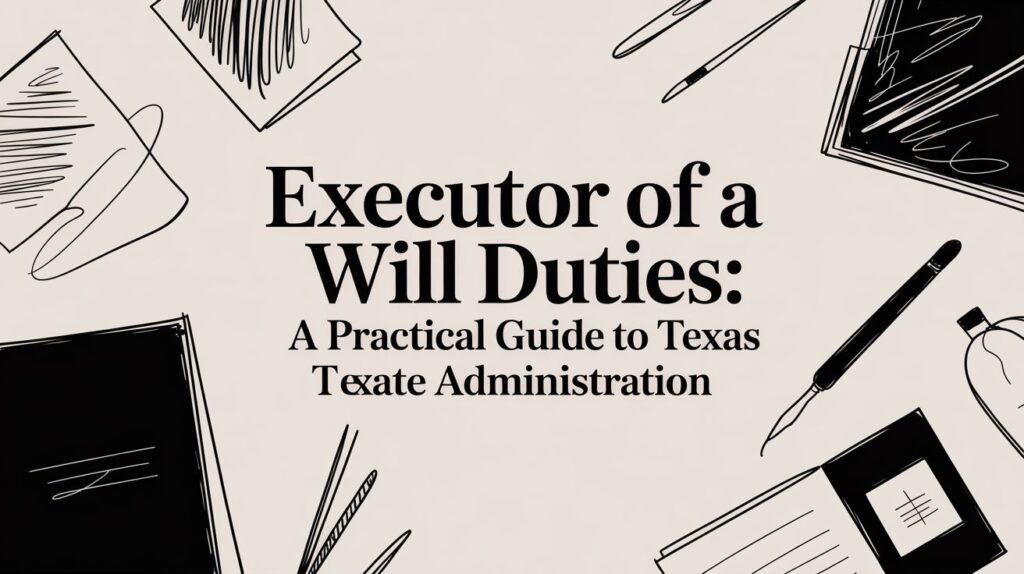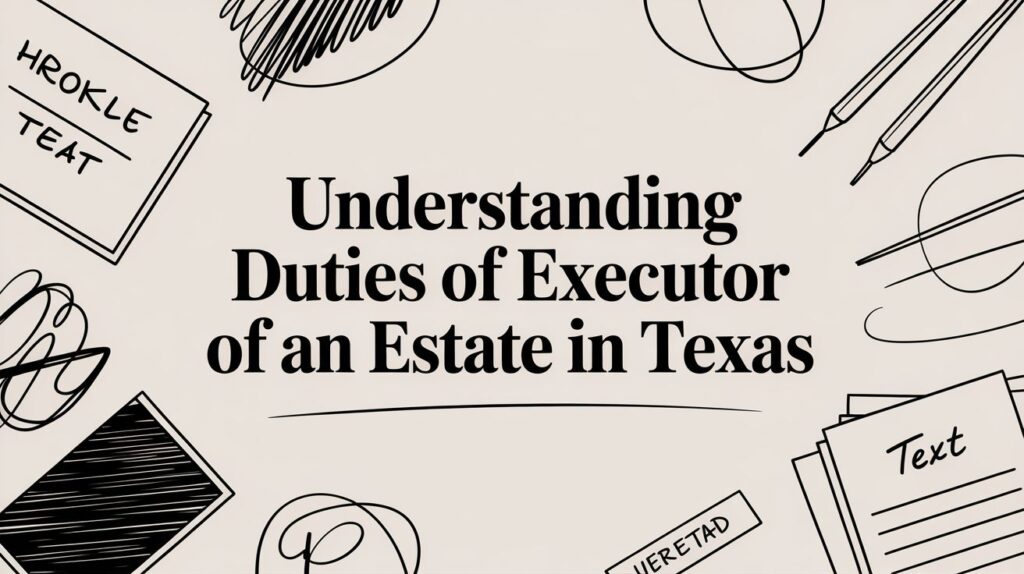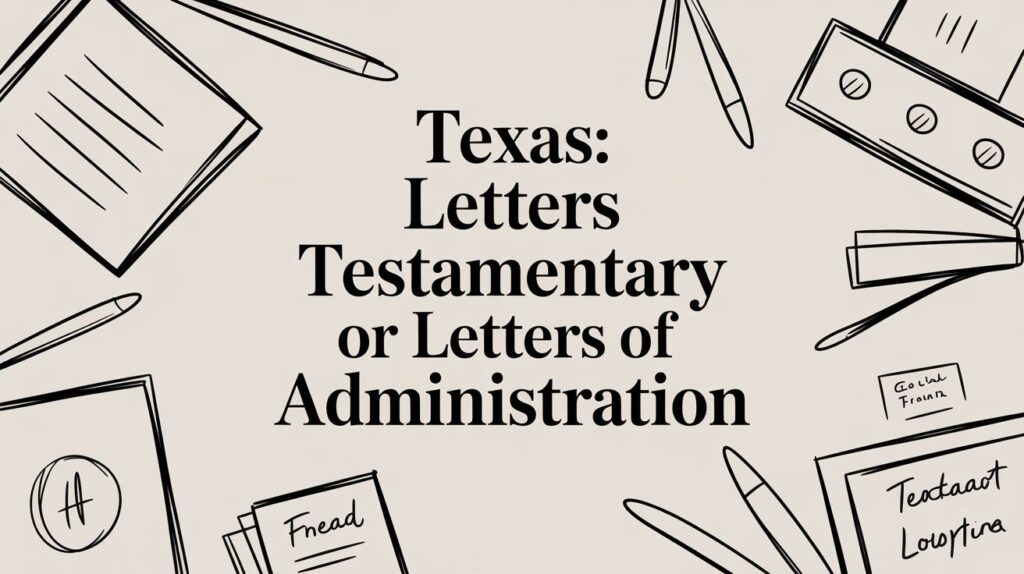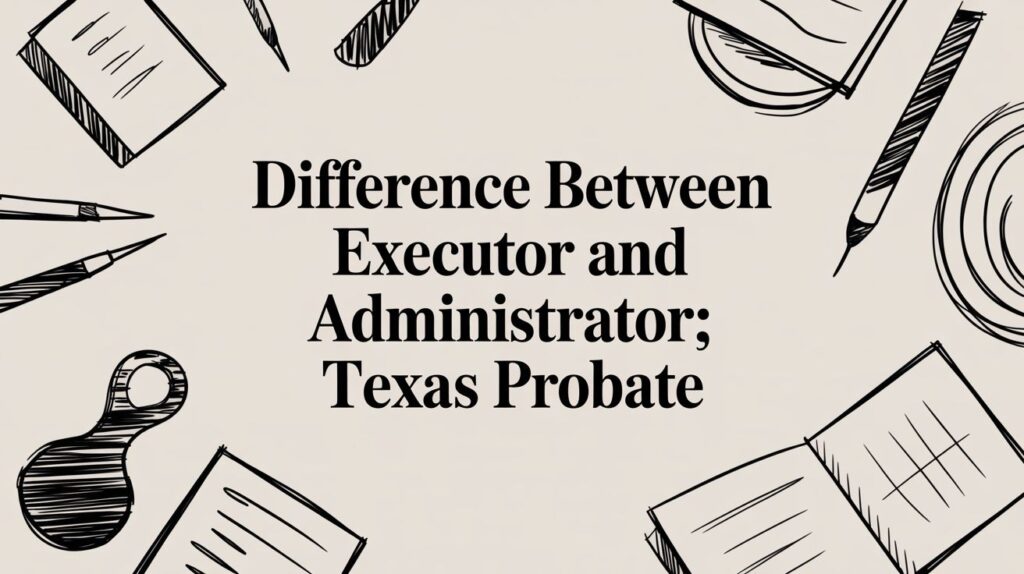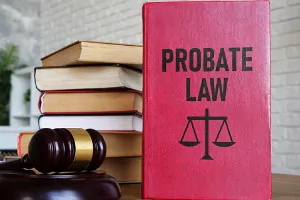What Are Letters Testamentary?
Letters testamentary are legal documents issued by a probate court that grant an executor the authority to manage and distribute a deceased person's estate according to the terms of their will. These letters serve as proof of the executor's appointment and their right to act on behalf of the estate.
Obtaining letters testamentary is a crucial step in the probate process, as it allows the executor to access the deceased's assets, pay debts, and distribute property to beneficiaries. The process typically requires filing a petition with the probate court, along with the original will and other necessary documentation, like a death certificate.
Steps to File for Letters Testamentary in Texas
Filing for letters testamentary in Texas involves several key steps, starting with gathering the necessary documents, such as the will, a death certificate, and identification. The executor must then file these documents along with a petition for probate in the appropriate county court.
After filing, the court will schedule a hearing to review the petition. If the court approves it, letters testamentary will be issued, granting the executor the authority to begin estate administration. It’s important to follow all procedural requirements to avoid delays in the probate process.
Common Challenges in Obtaining Letters Testamentary
While obtaining letters testamentary is generally straightforward, several challenges can arise. Common issues include disputes among heirs, unclear wills, or the possibility of the will being contested. These disputes can delay the probate process and complicate the executor's ability to fulfill their duties.
To mitigate these challenges, it is advisable for executors to seek legal counsel early in the process. An experienced probate attorney can help navigate potential conflicts and ensure compliance with Texas probate laws, thereby facilitating a smoother administration of the estate.
Alternatives to Letters Testamentary
In certain situations, alternatives to letters testamentary may be appropriate, such as small estate affidavits or muniment of title. These options can simplify the probate process for estates that meet specific criteria, such as having limited assets or when there is no need for formal administration.
For instance, a small estate affidavit allows heirs to claim property without going through the full probate process if the total value of the estate falls below a certain threshold. Understanding these alternatives can save time and reduce legal costs for families dealing with a loved one's estate.


